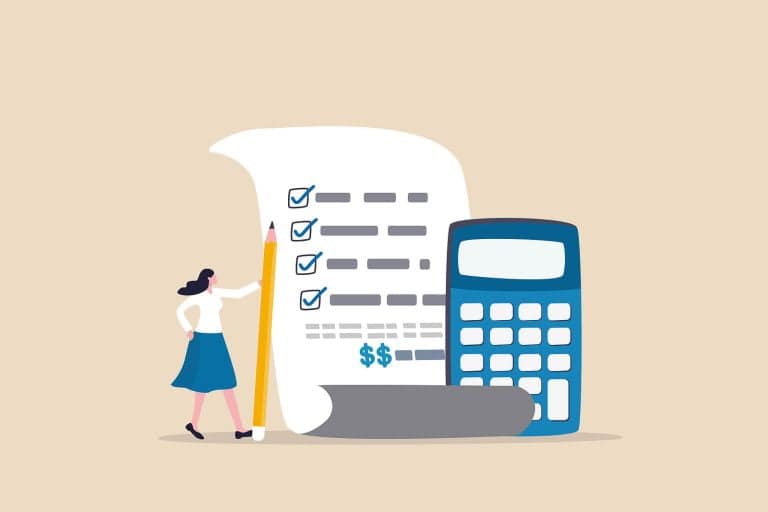Learn about the Cloud Certification process from Anne Epstein, Principal Consultant, Headspring.
These days, companies that want to be able to scale more quickly and easily are moving to the cloud. But cloud offerings are also growing and changing at a rapid pace. As a senior engineer with a top cloud consulting company, I’ve dealt with a number of different cloud technologies, and I’ve watched as they’ve evolved—seemingly every week, Microsoft and Amazon are coming out with new offerings.
Table of Contents
ToggleAs cloud infrastructure consultants, being able to knowledgeably guide clients through the process of selecting and implementing the right cloud providers and cloud services is a critical skill. One way to really equip yourself, or your development team, to take on these challenges is by investing in the cloud certification process.
Why get a cloud certification?
Cloud certifications show that you’ve spent some real time with the material. They say to employers, colleagues, and clients that you care about keeping up-to-date with newer technologies. Some employers may even give bonuses or raises to employees reaching certification milestones!
My consulting firm, Headspring, has been growing our cloud services consulting practice and has supported all Senior Developers and Principal Consultants in pursuing certifications. Some of us went for the AWS certification, but personally, I’ve used Azure more frequently on cloud services projects. I felt pursuing an Azure certification would round out my experience and elevate my expertise in the eyes of our cloud consulting clients.
Aside from the certification itself having strategic value, the process can also be worthwhile. For instance, the Azure Developer Associate certificate covers a truly wide swath of material—from power shell command line tools to Cosmos DB, a NoSQL option available on Azure. I had encountered many pieces of Azure infrastructure in my daily work, but it was really on more of an ad-hoc basis, where I learned things as I ran into them. The certification process gave me both the opportunity and motivation to look at the broader scope of what Azure makes available. It also gave me a reason to dig far deeper into Azure’s offerings than I otherwise would have.
The certification process is also a relatively self-guided journey, so you really have to focus on your own goals, keep yourself accountable, and follow deadlines—on top of all the other work/life stuff you have going on. It can be a great exercise in self-discipline, motivation, and personal accountability.
The cloud certification process
It’s easy to get started on preparing for an Azure certification: There are extensive courses available on the Microsoft Learn site. The material offered goes into significant detail on everything you need to know for the exam. Perhaps more importantly, Microsoft presents the material in a true tutorial style, meaning that you’re not just passively reading a load of content. They guide you through actually doing things like running command line scripts, setting up working Logic Apps, and more. If you pay attention and faithfully go through the exercises, you’ll get real, hands-on experience with all the technologies covered in the lessons.
The exam itself is a straightforward process. When I took it, it was a flat $165 fee, there were somewhere around 60 questions over around two and a half hours. You can take the exam from home if you prefer, though, just like if you go into an exam center, the exam is proctored. You’ll have a webcam on you during the whole exam and the proctors will want to see that your exam environment is free from study materials. You’ll also want to make sure that you’re ready for the exam when you take it, because you only get one try for your fee. As soon as you complete the exam, you’ll learn if you passed, so there’s no long wait to find out your results!
The devil is in the details, the learning is in the context
Now to get to the open secret about these exams: They ask questions at a ridiculous level of detail that can’t possibly stick with you long-term. This is something that everyone who takes these exams knows. You’ll need to know a lot of information for the exam itself, but I’d argue that focusing on absorbing this level of detail as the motivation for the test misses the point of these exams. Hopefully, while coding all of those facts into your short-term memory, you took the time to understand the context for all of that information, because it’s that context that will make the test-taking process worthwhile.
I don’t remember every bit of difference between hosting something at basic or standard level, but I do know they are meaningful. Now, I know to take a look the next time I need to set up hosting in Azure, and I‘ll understand those differences when I read the charts. I may not remember all of the options for copying a blob via the command line, but I know it’s possible, and I remember where to look up those options. I’m certainly not going to forget the fastest way to fix session problems on a site that has been scaled out, though I may forget what ARR actually stands for. I even know about some tech choices that I have never used in production, such as Logic Apps, and will consider those offerings as choices on my next project…even if I need to look up some of the implementation details.
One thing to be aware of is that Microsoft has changed their program recently: Certification only lasts a year, and then you need to renew. Luckily, renewal is free, but it does require updating your skills and taking a free refresher exam. Personally, I think this is great—for cloud certification to mean something, those skills have to be current! The nature of Microsoft’s certification ensures this.
Certifiably well-worthwhile
Certification takes some effort, but it’s an effort that pays off. It’s made me a better cloud consultant by giving me exposure to a lot of technologies that were new to me, and many of my colleagues are finding the same thing as they go through the certification process as well. I’ve found that having that certificate on my LinkedIn profile helps short-circuit questions about how much experience I have with Azure. In addition, with the free refresher exams, keeping an Azure certification current ensures that your hard-earned cloud IT consulting skills stay up-to-date.





